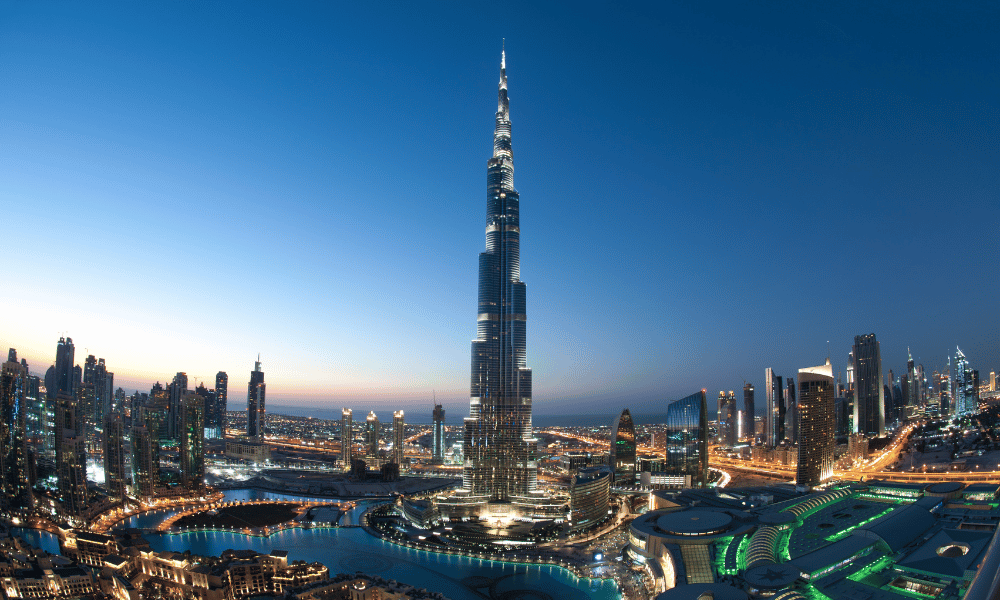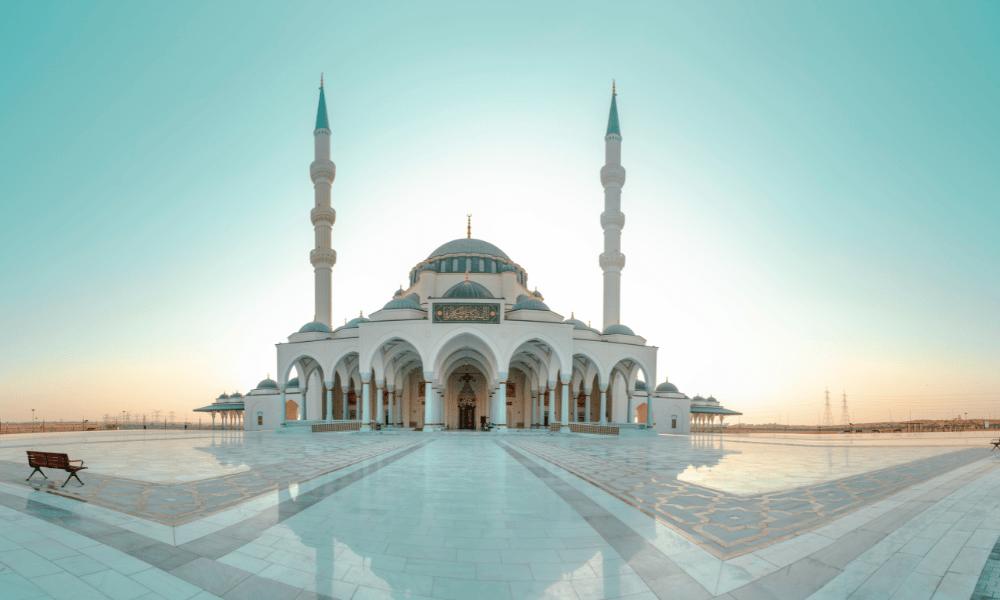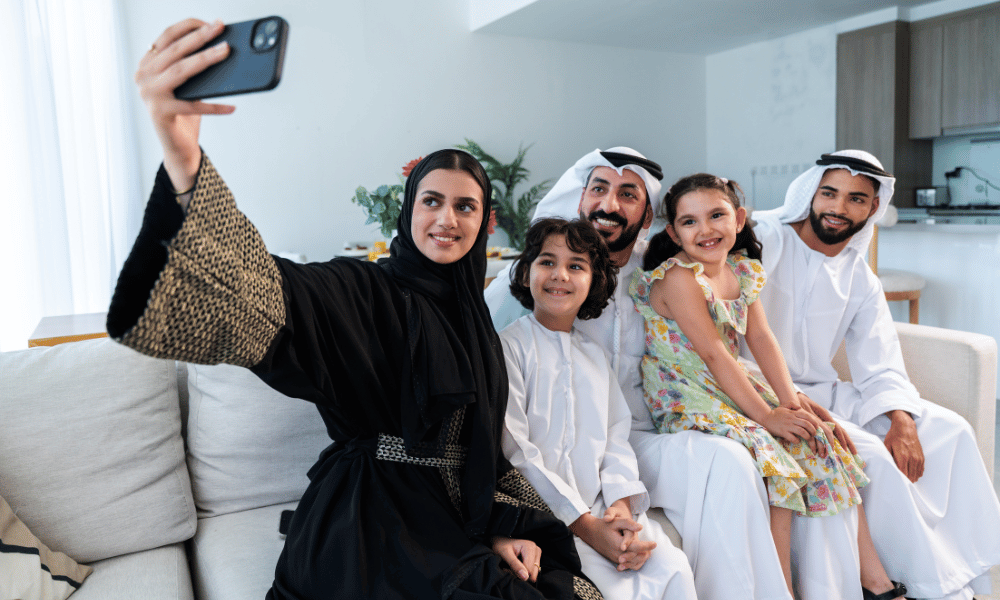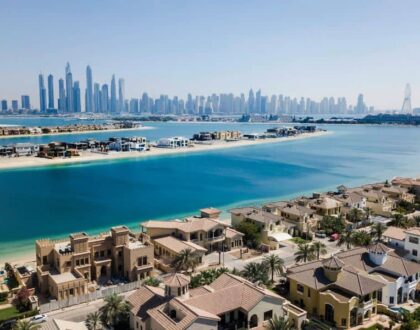Top Tips for Adapting to Dubai Culture When Moving from the UK

by Hugh Dixon
Thinking of moving to Dubai? Swapping the drizzle of the UK for Dubai’s year-round sunshine is a thrilling life change, but the culture shift can feel just as dramatic as the temperature. Behind the glittering skyline and ultra-modern lifestyle lies a city shaped by centuries-old Arab and Islamic traditions. Understanding these traditions early on will help you feel at home and avoid the common pitfalls newcomers sometimes face.
This guide brings together practical, real-world tips to help you settle in with confidence. From how religion influences the working week and everyday routines, to local expectations around clothing and public behaviour, you’ll discover how to embrace Dubai’s way of life while still enjoying your own. Whether you move to Dubai for work, family, or a fresh start, cultural awareness is key to a smooth transition.
Relocating is about more than shipping boxes. By preparing for cultural differences before you arrive—and with trusted support from Simpsons International Removals—you can focus on enjoying everything this dynamic, opportunity-packed city has to offer from day one.
1. Understanding Culture and Religion

Dubai’s culture is deeply rooted in Arab and Islamic traditions, which shape everyday routines, laws, and social norms. Religion is not just a private matter here—it influences how the city works.
Workweek and Holy Days
Many government offices now follow a four-and-a-half-day workweek, from Monday to Friday at noon, with Friday a holy day reserved for prayer and family. Some private companies still operate on a Sunday-to-Thursday schedule. Knowing your employer’s working pattern will help you plan weekends, childcare and leisure time.
Food and Drink
Halal food is standard throughout Dubai. Pork is rarely sold in public eateries, and alcohol can only be bought in licensed venues or from stores with a personal liquor licence. Respecting these rules is vital to avoid fines and to show cultural sensitivity.
Ramadan
During the holy month of Ramadan, Muslims fast from sunrise to sunset. Eating, drinking, or chewing gum in public during daylight hours is prohibited for everyone, including non-Muslims. However, you can eat in private or in designated screened areas. Joining an evening Iftar meal, when the fast is broken, is a wonderful way to experience local hospitality and deepen your understanding of Emirati culture.
2. Dress and Social Etiquette
Respect for modesty is a cornerstone of life in Dubai. While the city is cosmopolitan, adhering to its dress and behaviour guidelines shows respect and helps you avoid legal issues.
Dress Code
Both men and women should cover their shoulders and knees in malls, government offices, and mosques. Women may also need to wear a headscarf when visiting a mosque. Swimwear is acceptable at beaches, hotel pools, and waterparks, but it’s best to cover up when leaving these areas. Dressing modestly not only reflects cultural respect but also ensures a more comfortable experience.
Public Behaviour
Good manners are highly valued in Dubai. Public displays of affection, such as kissing and hugging, are discouraged and can result in fines. Swearing, using offensive language, or appearing drunk in public can lead to severe penalties. Always ask permission before photographing people, particularly women and families. Being mindful of these social norms will help you build positive relationships and avoid misunderstandings.
3. Daily Life Essentials

Beyond cultural etiquette, everyday practicalities will shape your experience of Dubai.
Healthcare and Insurance
Dubai has excellent healthcare, both private and public, but health insurance is mandatory for all residents. Many employers provide cover; if not, you’ll need to arrange a policy yourself. Choosing a clinic or hospital near your home can save time in emergencies.
Housing and Neighbourhoods
Many newcomers start with short-term accommodation while they explore different areas. Popular family-friendly neighbourhoods include Emirates Living, Arabian Ranches, Jumeirah Golf Estates, and Town Square, all of which offer good schools and community amenities.
Transport and Driving
Dubai’s metro, trams, and buses offer reliable coverage. Driving is common and relatively affordable, but understanding local road rules is essential. Rush-hour traffic can be heavy, so consider commute times when selecting your home and school.
Shopping and Dining
Supermarkets stock familiar UK brands alongside regional and international foods. Dubai’s dining scene ranges from fine restaurants to bustling street-food stalls, reflecting its multicultural population and making it easy to enjoy both comfort foods and new flavours.
4. Building Your Community

With around 90% of Dubai’s population made up of expats, finding your social circle can be easier than you expect. Building connections helps you settle in and provides invaluable support.
Expat Clubs and Social Groups
Sports clubs, cultural societies, and arts groups are a great way to meet like-minded people. Whether you’re into football, music, or hiking, there’s likely a group that matches your interests.
Family and Community Events
Regular community festivals, markets, and family-friendly activities create plenty of opportunities to meet other families. These events are particularly helpful for children, giving them a chance to make friends and learn about local traditions.
Online Resources and Forums
Platforms like Internations, Expat Arrivals, and dedicated Facebook groups provide real-time advice and arrange meetups. Joining these networks before you arrive can make your first weeks much easier.
5. Education and Schooling
If you’re moving with children, securing a school place early is crucial. The Knowledge and Human Development Authority (KHDA) rates private schools annually, which helps parents choose the right fit.
Dubai offers many British-curriculum schools, including options for GCSEs and A-Levels. School fees vary widely, so factor this into your relocation budget.
6. Legal and Administrative Essentials

To stay compliant and avoid delays:
- Residency Visa – Employment, investment, and family visas are the most common. Sponsoring a family member generally requires a minimum salary of AED 4,000 (or AED 3,000 plus accommodation).
- Emirates ID – Apply soon after arrival, as it is needed for banking, healthcare, and other services.
- Banking – Opening a local bank account early makes handling everyday expenses and receiving your tax-free salary much simpler.
Relocation services or experienced international removals companies can guide you through these steps.
Summary
Moving to Dubai is more than just a change of scenery—it’s the start of an exciting new lifestyle filled with sunshine, opportunity, and a rich cultural blend. By learning local customs, dressing appropriately, and understanding how Islamic traditions shape daily life, you’ll settle in quickly and feel at home sooner.
To make the move itself seamless, trust Simpsons International Removals. Whether you’re sending a few cherished items or arranging a full household removal, we offer a complete door-to-door service—including professional packing, secure shipping, customs clearance, and final delivery. Our tailored solutions cover everything from part-load shipments to a dedicated removal service, giving you total peace of mind.
Take the first step toward your Dubai adventure today. Get an online quote or explore our detailed Removals to Dubai checklist to plan your move with confidence and let Simpsons handle the rest.
Quick FAQs
What are the main cultural differences between the UK and Dubai?
Dubai is guided by Arab and Islamic traditions, influencing work schedules, food, and public behaviour.
Is modest dress always required?
Yes. Cover shoulders and knees in most public spaces, especially malls, government buildings, and mosques.
Can non-Muslims eat during Ramadan?
Yes, but only in private or designated screened areas during daylight hours.
How can expats make friends in Dubai?
Join expat clubs, attend community events, and use online platforms such as Internations or Facebook groups.
Recommended Posts

Our Essential Moving to Dubai Checklist For A Smooth Transition From the UK
Monday, 7th July 2025

The Best 15 Things to Do When Living in Dubai
Monday, 24th February 2025

Moving to Dubai with Family: Essential Tips and Insights
Thursday, 12th December 2024


